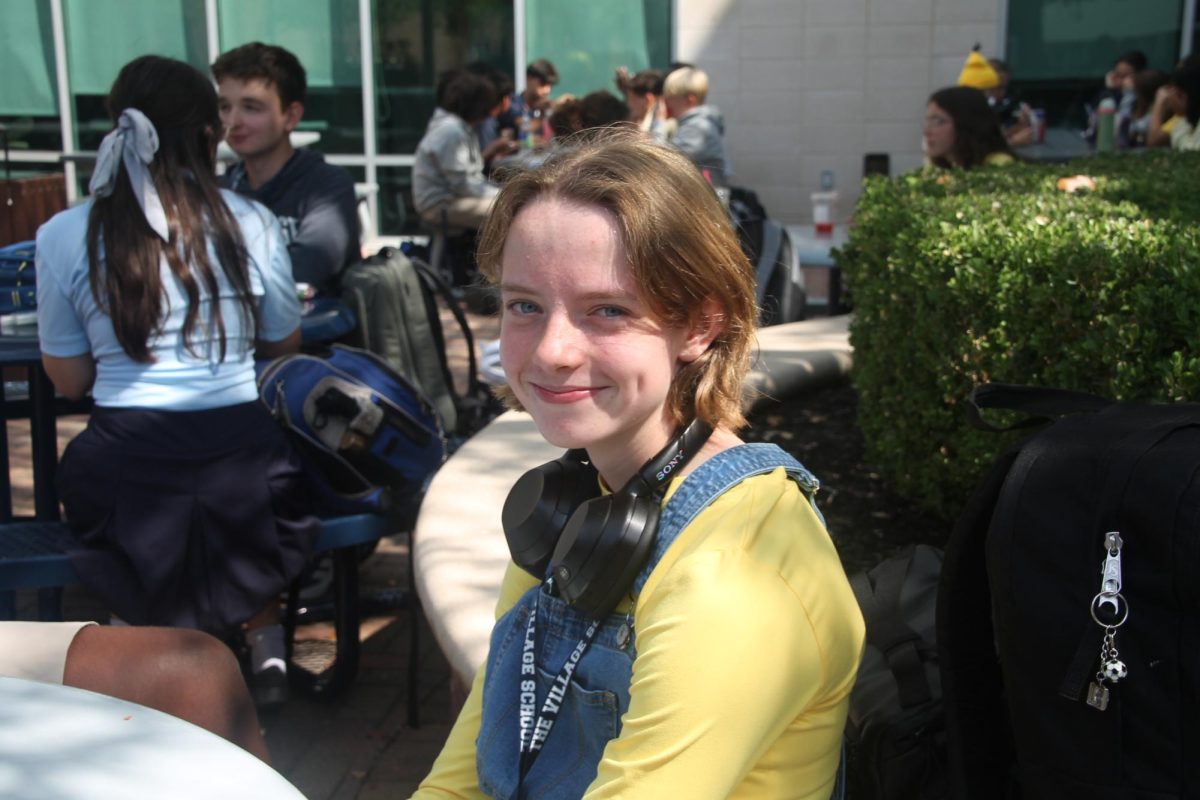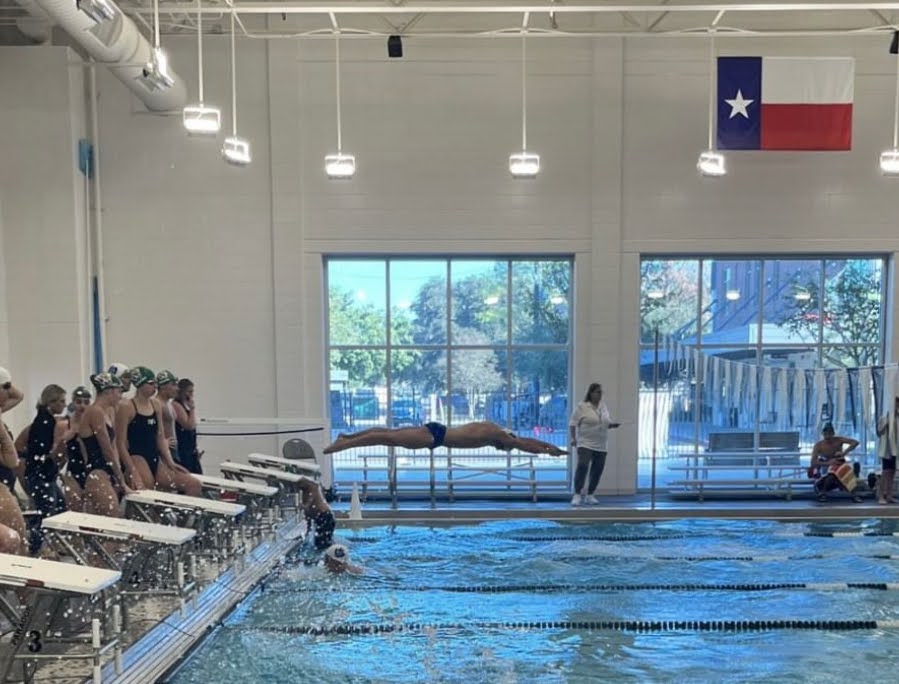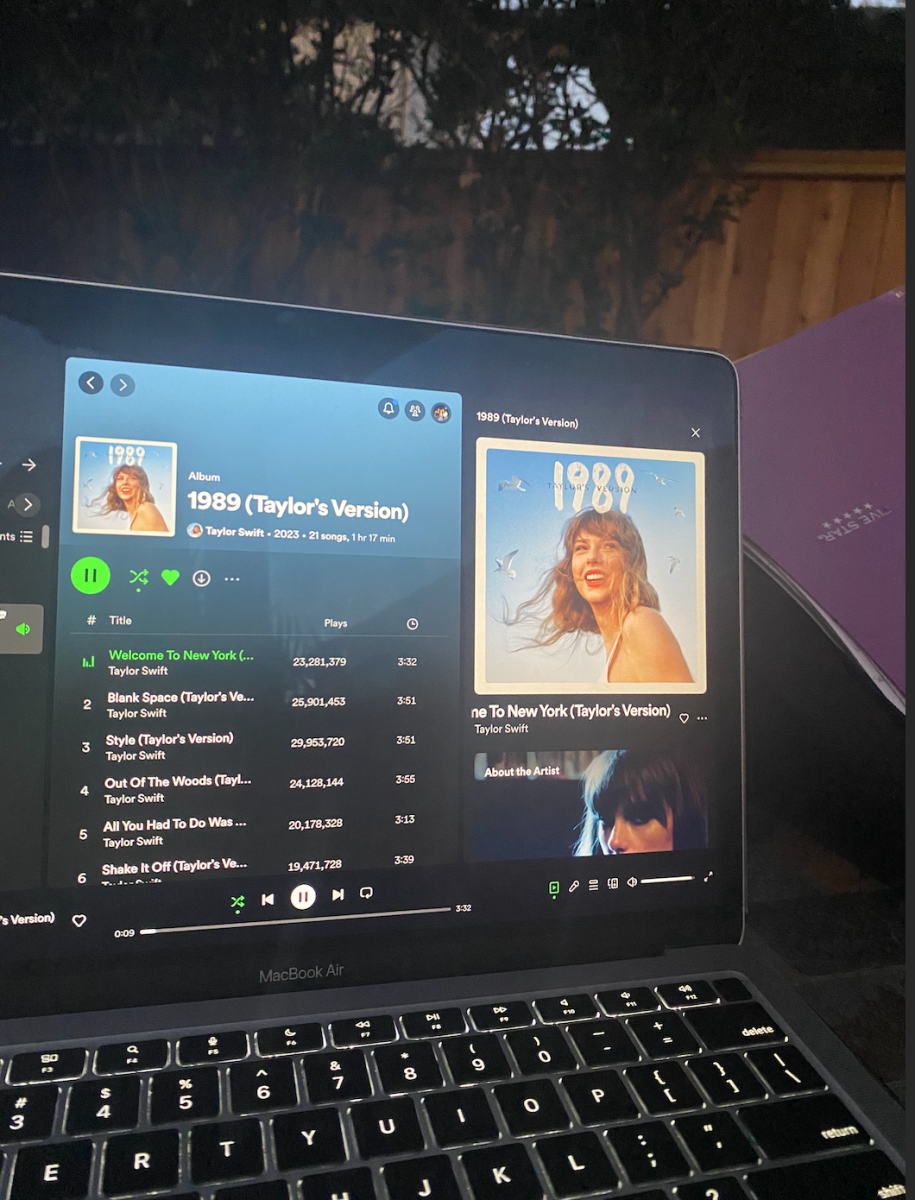Have you ever engaged in a conversation on a controversial or heated subject? While attending an international school like The Village School, it’s natural to expect students and staff to converse with one another about debatable events happening in the world around them; but what happens when these discussions cross the line and become disrespectful? It’s important to understand how to engage in a respectful and informative conversation, especially when regarding heated topics.
Let’s face it; no matter how many times the need for people to be respectful or respect others boundaries is voiced, overstepping will always happen, especially when there are peers from all over the world conversing about personal, heated topics. Now, no one is saying to not have these conversations, in fact quite the opposite. Productive disagreement is crucial to developing an informed opinion. However, we must have them in a way where every side feels heard and respected
As an example, the conflict raging between Ukraine and Russia that has been happening since February of 2014, is one of contention. On the surface, mostly everyone can agree that Russia invading Ukraine is not an action conducive to peace. Going deeper with this topic can unfold things that some people may dispute about such as land, military and more. Now, how do we mitigate possible disrespectfulness in these conversations, but keep the passion and knowledge? One way to do this is instead of waiting for the other person to finish their thought so you can speak, let them talk and listen to what they have to say. After that, you can formulate an answer as a response to what they’re saying, rather than just waiting for your turn to speak. Waiting for a turn to speak isn’t a conversation, it’s a debate, and not a healthy one. “Most of the time the conversations about this topic are positive, especially with teachers and parents, they are all being really supportive and understand the situation my country is going through,” said Ukrainian sophomore, Mark Tripulskyi. “Obviously, students are rarely as mature as their parents are and I have faced a lot of discrimination from students. I have a full understanding that they are just kids and don’t understand the reality of war, which is why some comments they make may seem innocent to them, but are truly hurtful to me. But this is the exact reason why, as a war refugee, I try to share more information about the war, so people in the USA get to know more about what is happening in my country,” said Tripulskyi. “One of the main things that help to keep conversations respectful is when the person is showing their actual interest in what is happening [by] asking legitimate questions. This helps me to understand that they are truly interested in the topic and care about what is going on.”
Straying away from Ukraine and Russia, a different but just as significant conflict is happening between Israel and Palestine. Though the conflict has deep historical roots, it has become a topic of popular contention since Hamas’s attack in October 2023. Generations through generations have faced the consequences of this dispute all around the world, but centering in on the immediate community, Village students of all ages are currently facing a handful of complications with possibly feeling attacked when it comes to this topic. Whether it’s from conversing with students, looking at social media posts, or lunch table discussions, students may face disrespect on both sides. A way to avoid personal attacks is to ask prior to starting the conversation if they feel comfortable talking about it. “All of my conversations about this topic have been positive. We talked about the topic in a respectful way, not really attacking each other’s opinions since we were building off of eachother and on what is going on” said a Palestinian sophomore, Yasmin Aboukhamis. “In my conversations, before we start the topic, they ask if I am okay with talking about it and use specific polite words such as “respectfully” before we jump into the topic”
It’s natural to let the heat of the conversation take you over, but it’s also extremely crucial to keep in mind the other person’s boundaries, limits, and feelings, especially in an educational setting with fellow peers. Taking actions like talking beforehand, hearing them out and really paying attention to what they are saying can help reduce any disturbance. Hopefully, with the personal anecdotes from fellow vikings, students can continue to lead conversations with respect and comfort. This shouldnt lead you to not speaking your mind on a controversial topic, but it should lead you to think before you speak!














